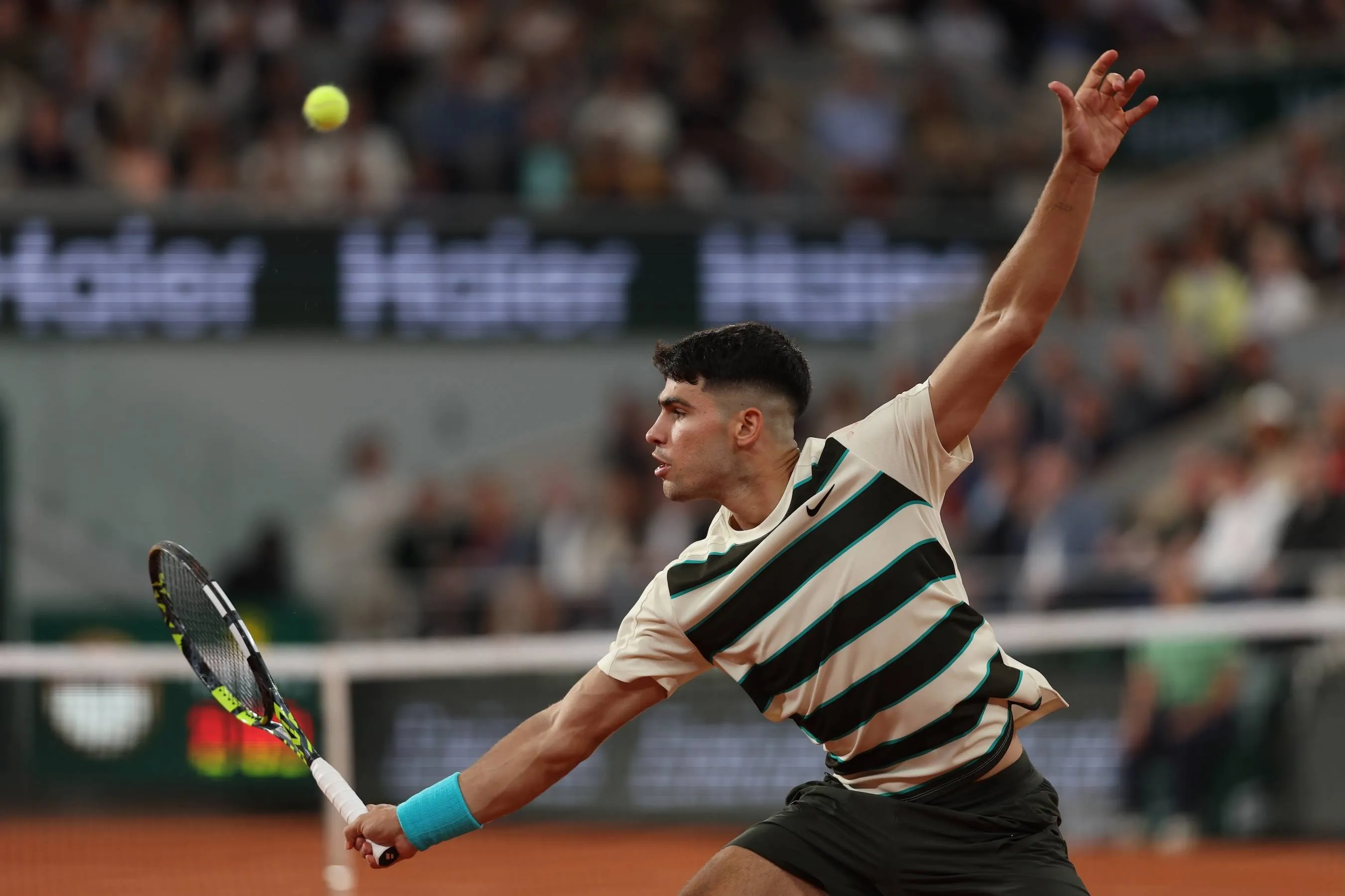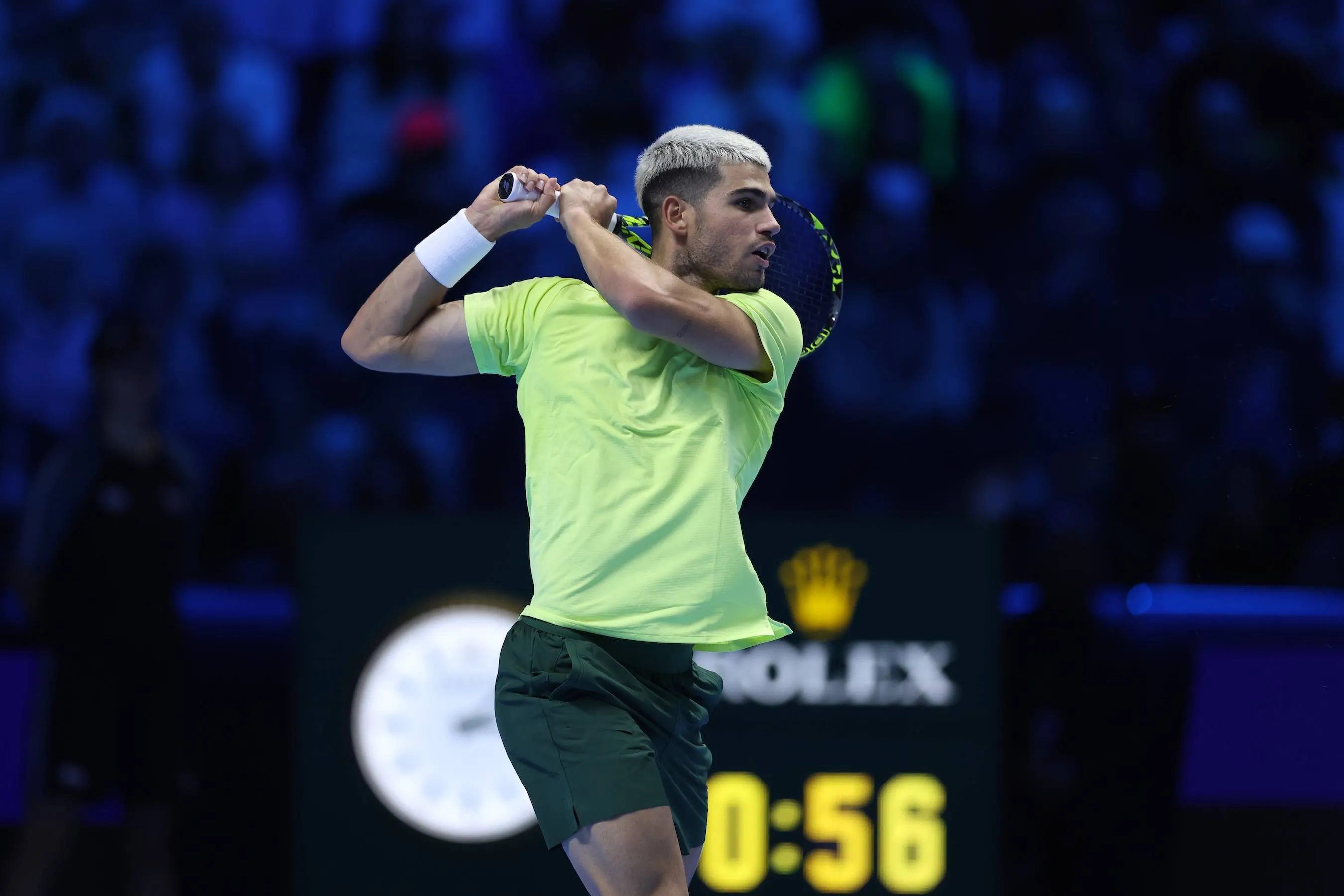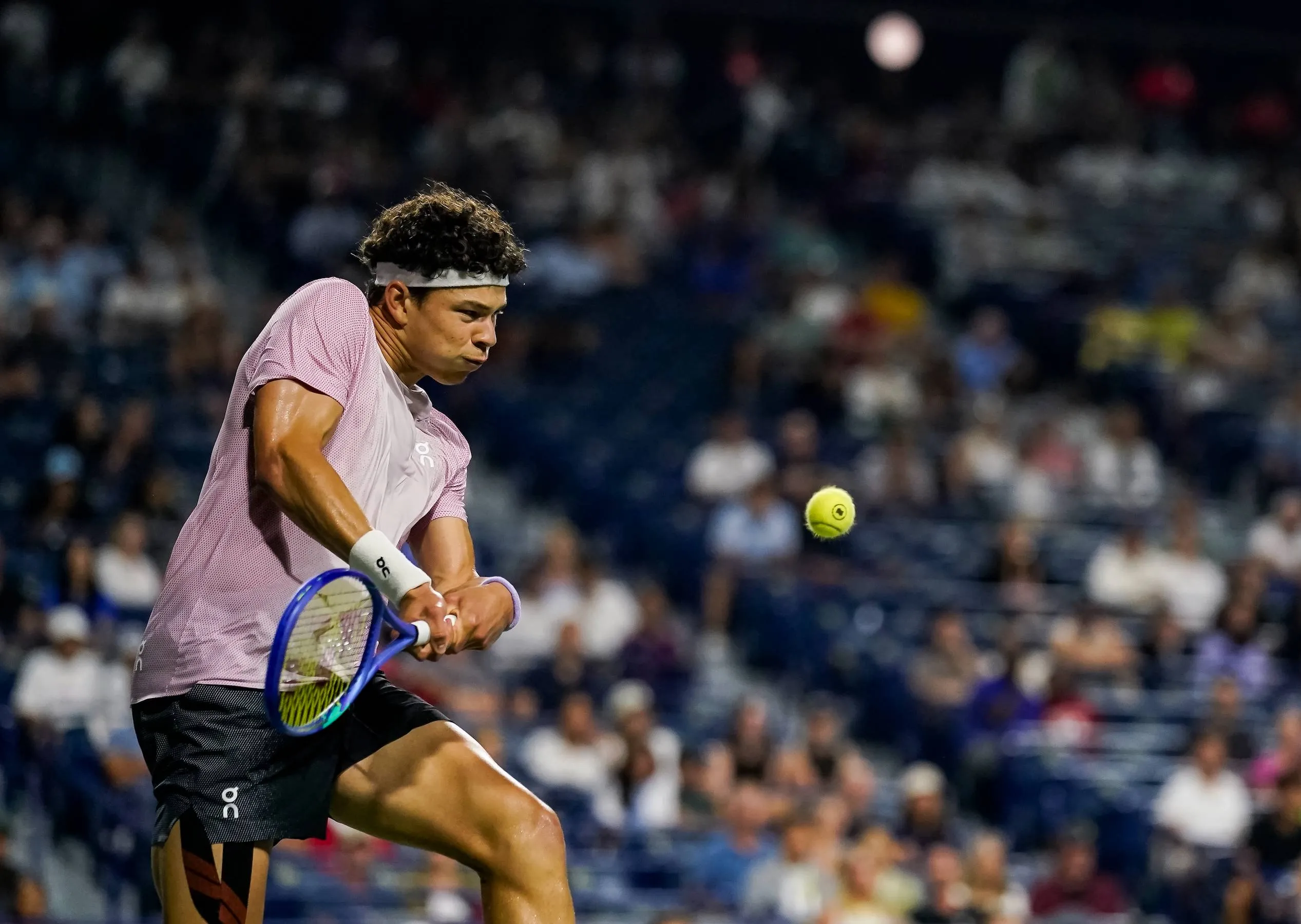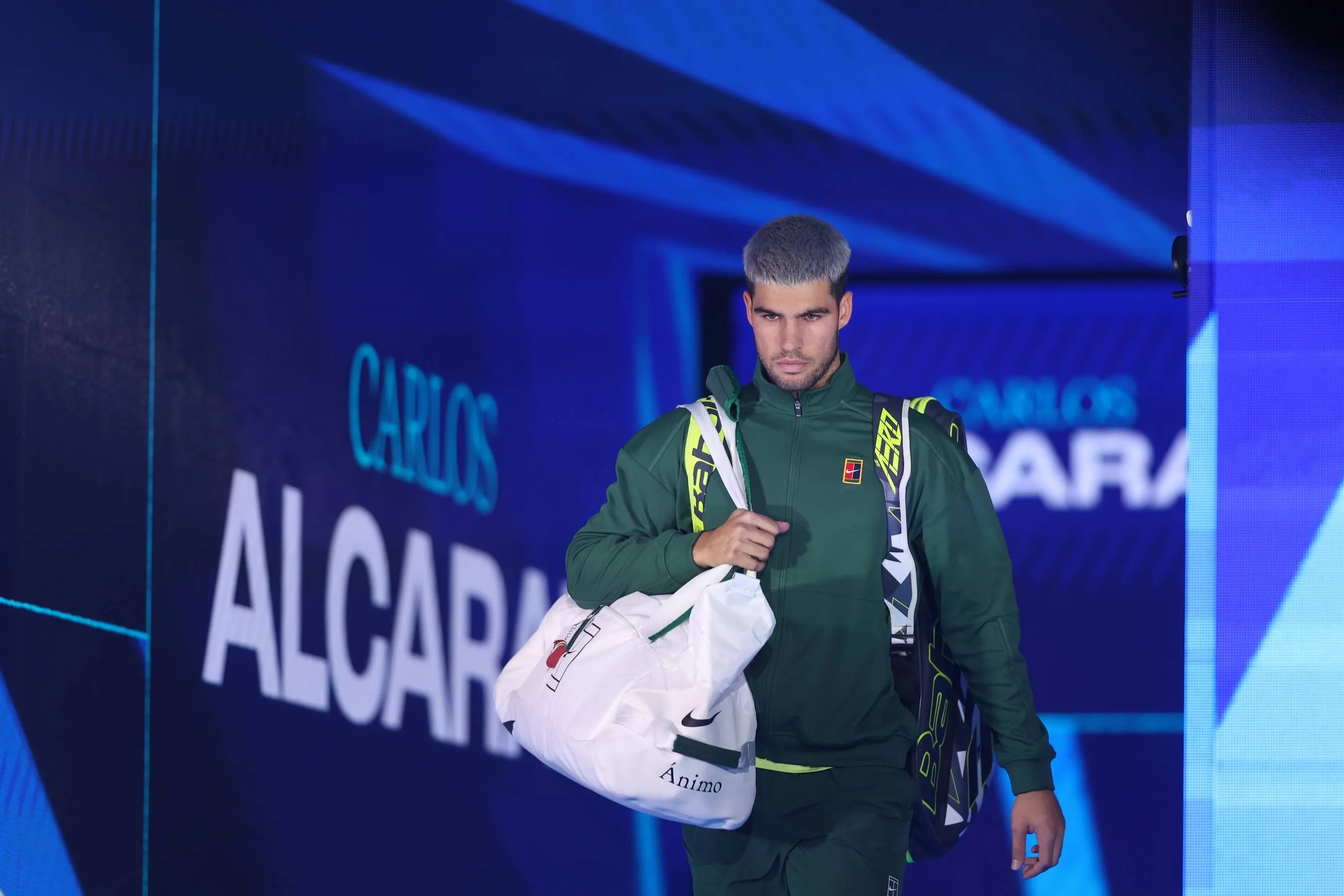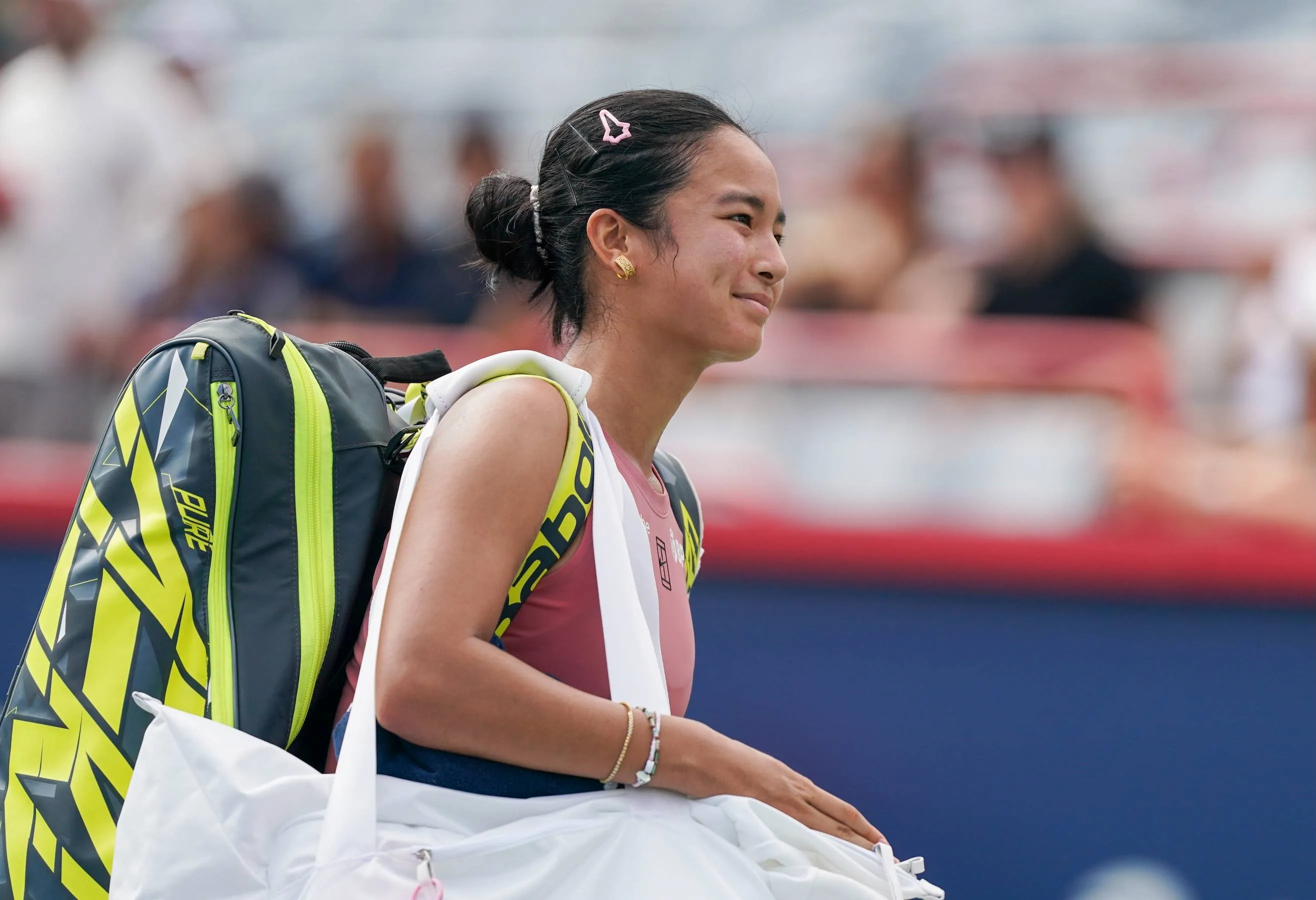Why 17-Year-Old Prodigy Fonseca Could Forfeit Nearly $50,000 Of Prize Money
ATPFriday, 01 March 2024 at 04:30

Joao Fonseca made quite the splash at last week's Rio Open, where he had the chance to leave an imprint at his home tournament, and he did.
Fonseca was born in Rio de Janeiro, which made his participation at the ATP 500 event extra special. This was his second appearance as a wild card. Last year, he was ousted in the first round as he was still in the infancy stage of his development.
12 months later, the Rio Open tournament organizers sensed the 17-year-old had improved by leaps and bounds to warrant another main draw wild card. Testament to this, he impressed in a few Challenger tournaments held in his native Brazil last season.
For instance, he scored wins over countryman Thiago Seyboth Wild in Florianopolis and American World No. 93 Aleksandar Kovacevic in Brasilia. This year, he reached a semifinal at the Buenos Aires Challenger. From this small sample size, it was enough to convince the tournament to award him a wild card.
Read also
And the decision was certainly the right one. Fonseca became the youngest tour-level quarterfinalist in a decade by virtue of his stunning run in Rio. He also became the first ATP player born in 2006 to win a main draw match.
The 17-year-old slashed his ATP ranking by half and is currently sitting at a career-high ranking of World No. 343. His exploits in Rio earned him $57,540 in prize money for reaching the quarterfinal stage.
However, there is a twist because Fonseca might actually forfeit an estimated amount of $47,540 due to the NCAA prize money limit since the 17-year-old is part of collegiate tennis at the University of Virginia.
According to the National Collegiate Athletics Association (NCAA), a collegiate player cannot be paid more than $10,000 in prize money in a calendar year, although the player can receive additional prize money to cover prohibitive expenses.
That means Fonseca will likely give up at least $47,540 from the prize money he should be receiving from the Rio Open.
Read also
Loading



